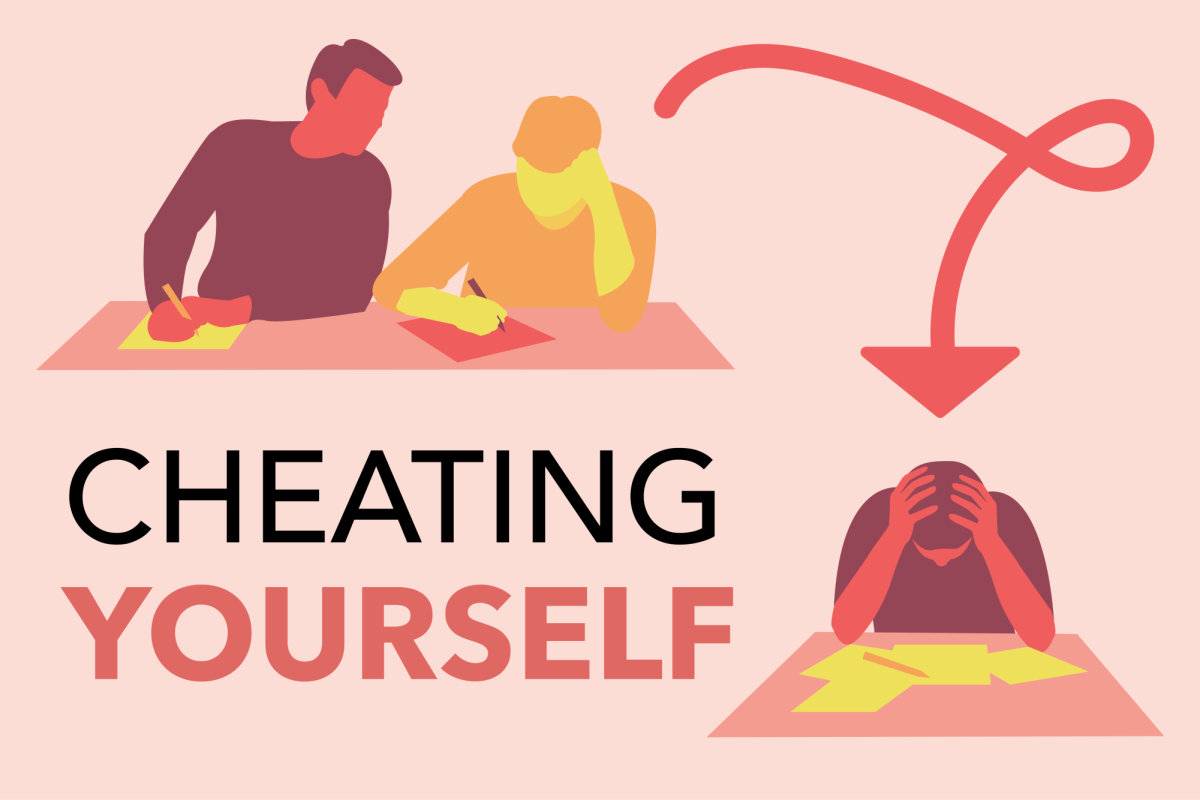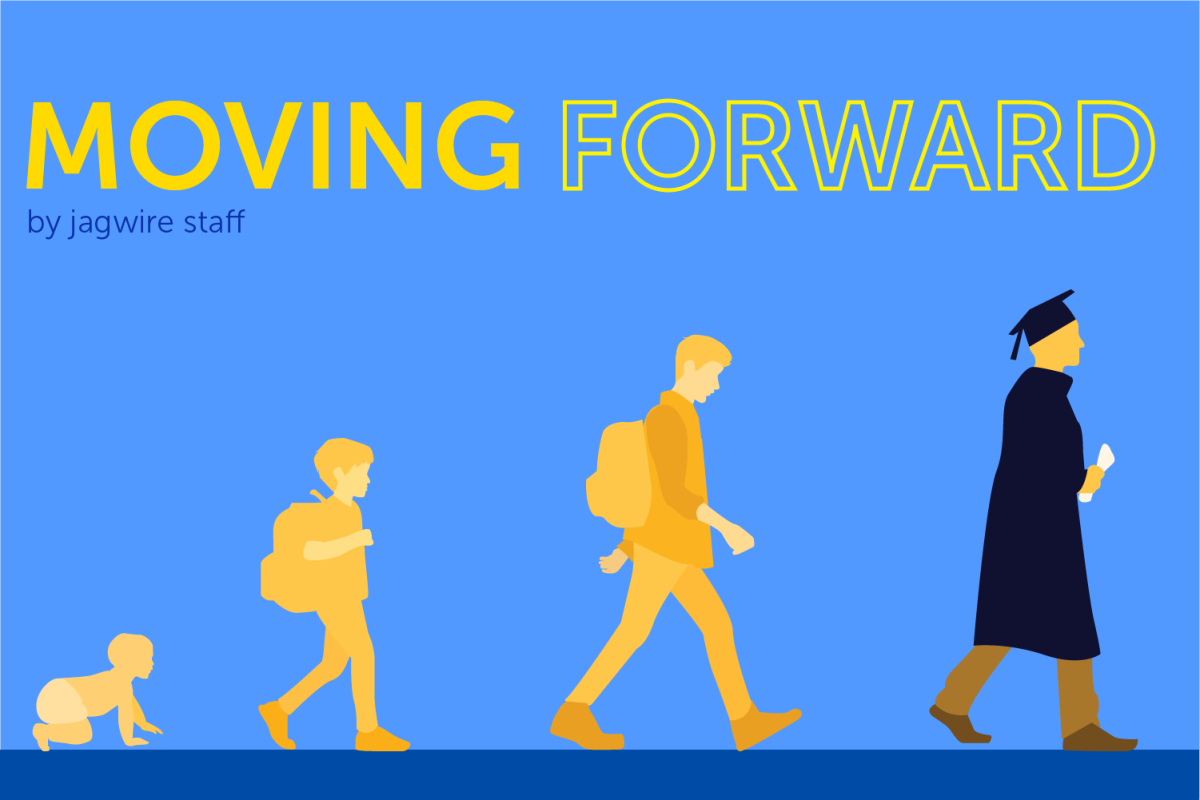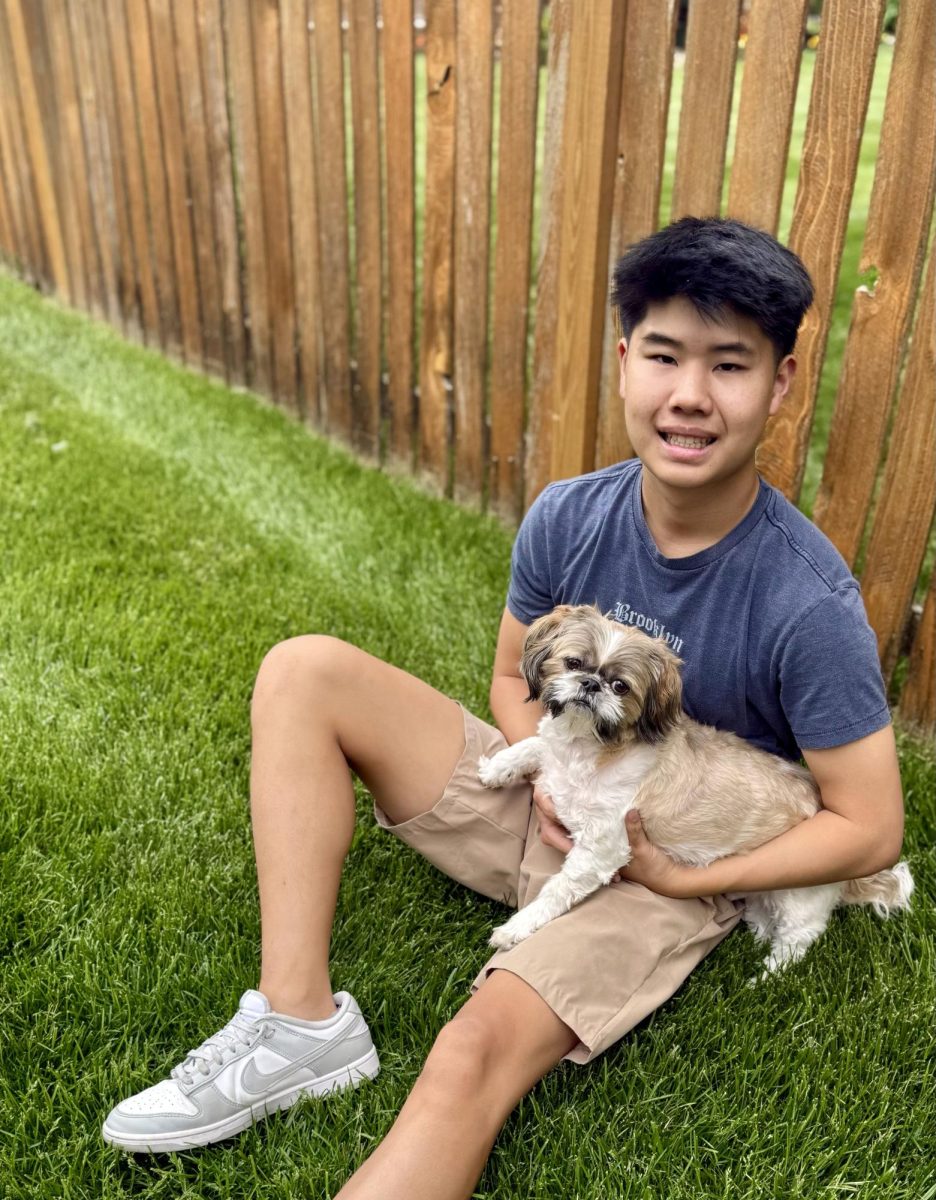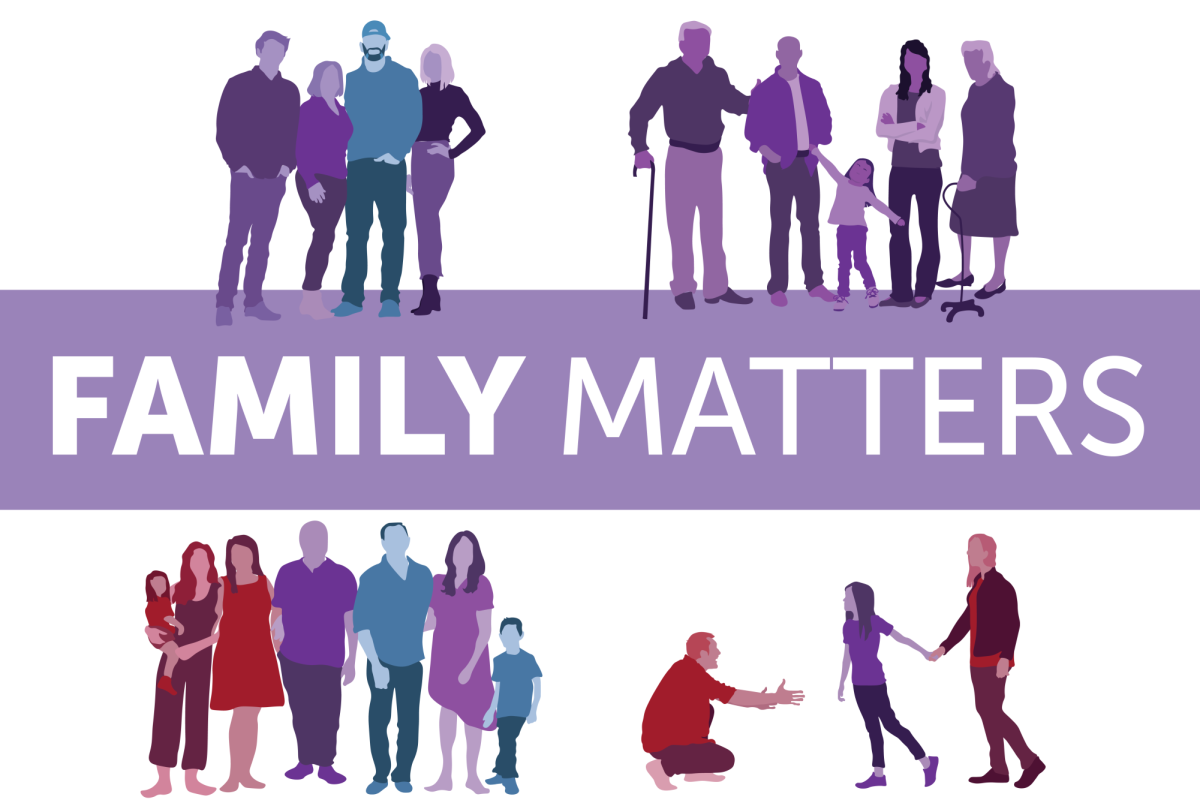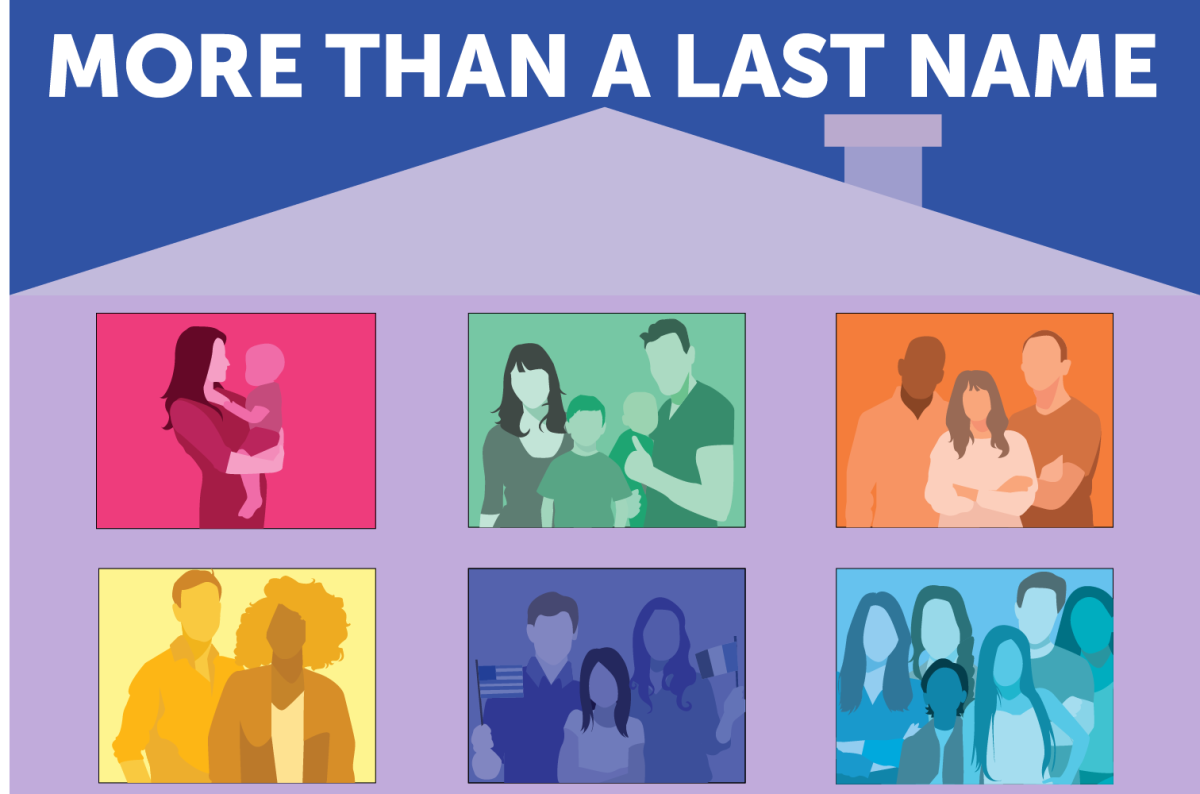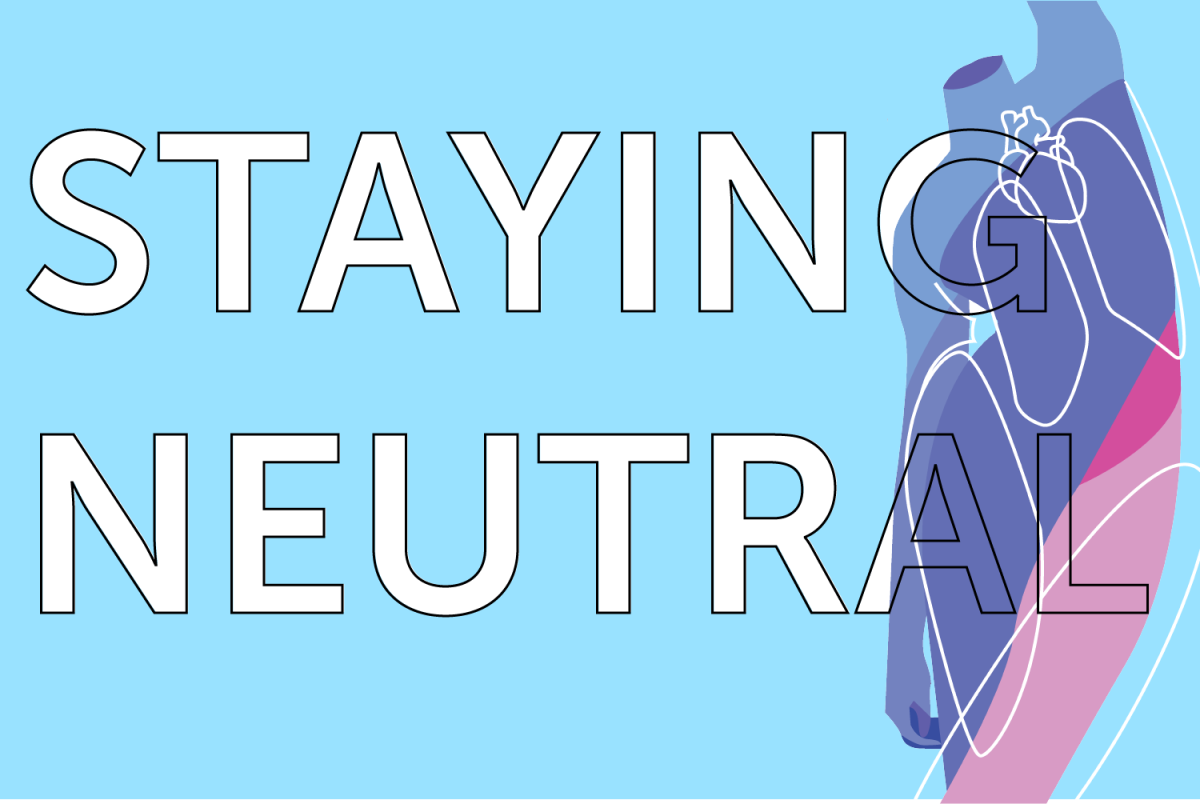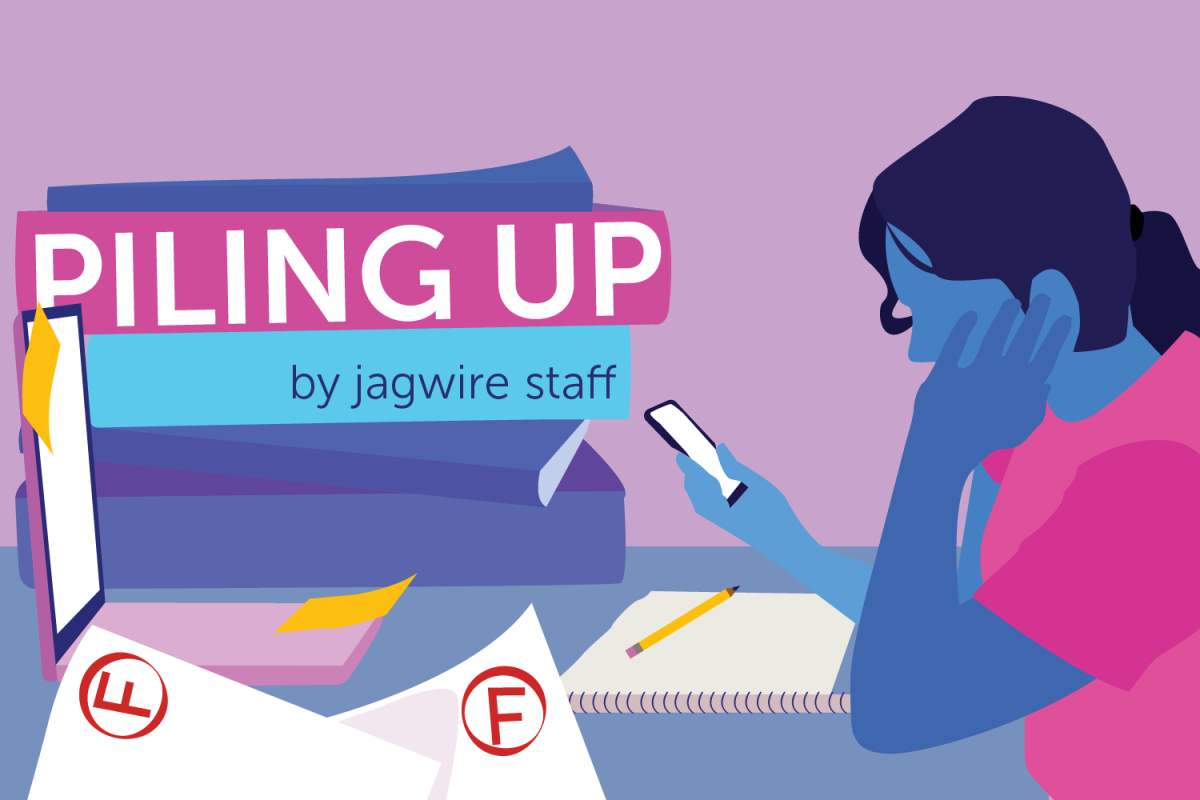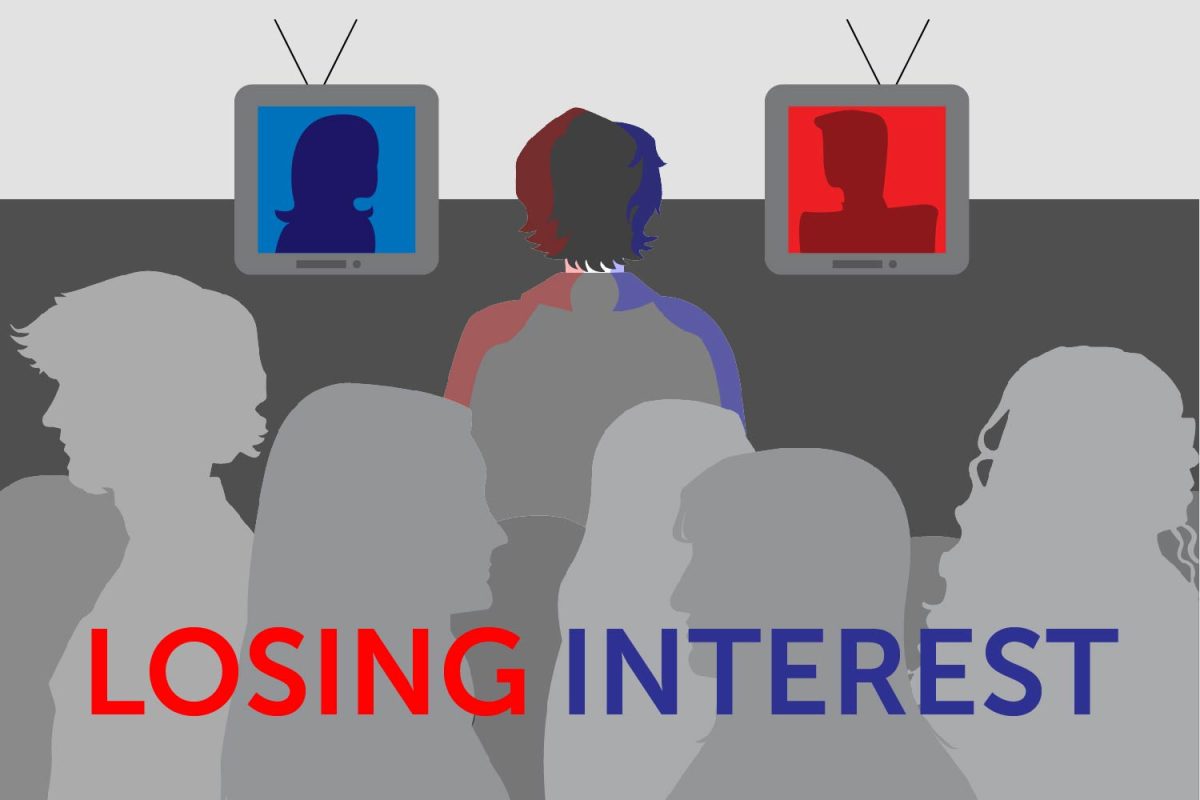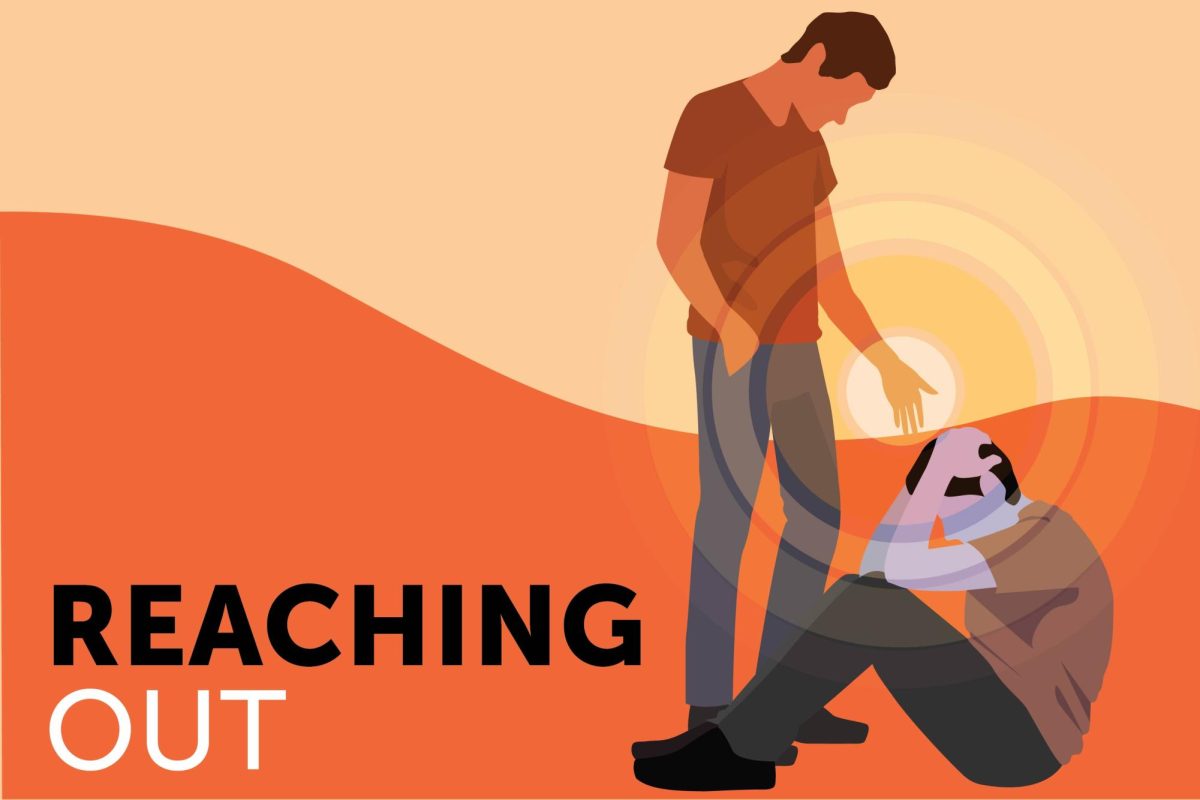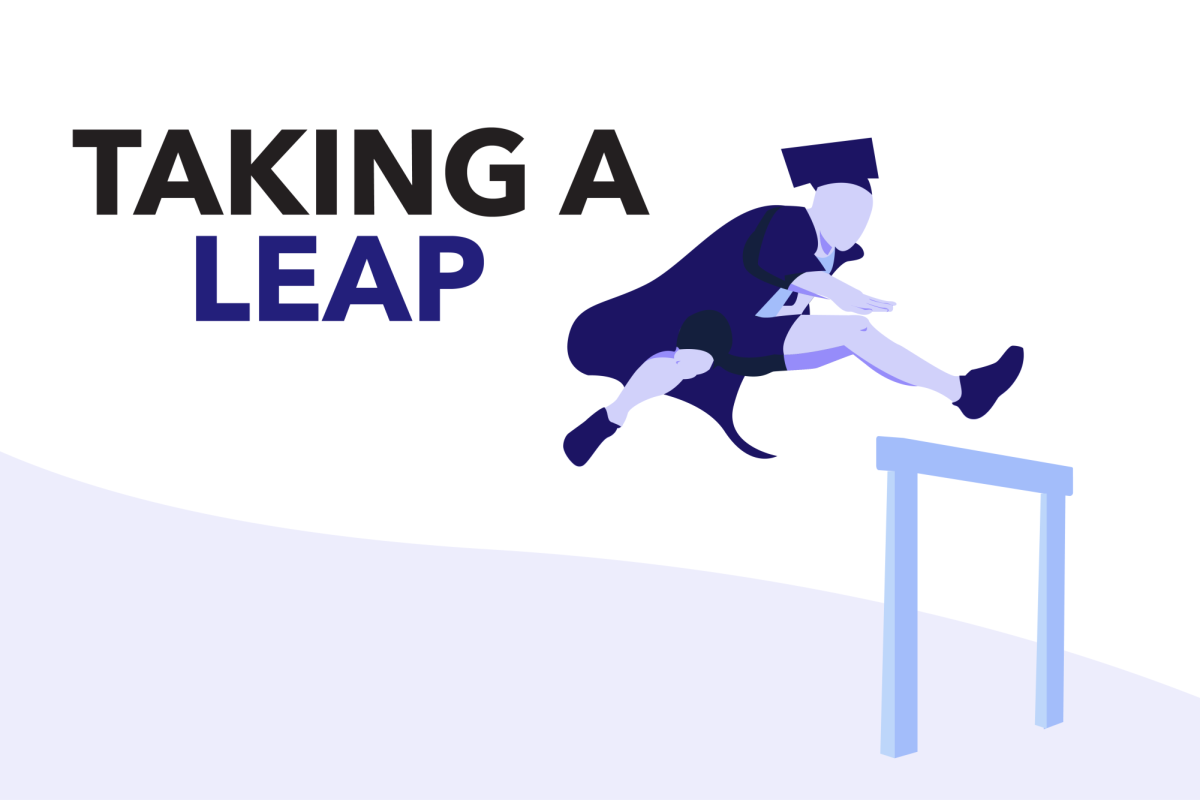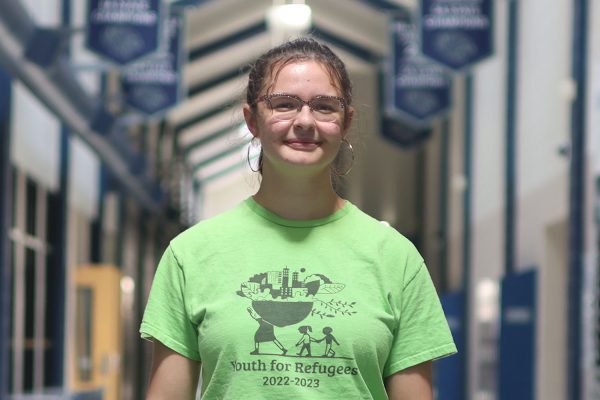Cheating isn’t right. Right? Most, if not all, teenagers cheat at some point or another. At a certain point, students reach for a quick fix like Googling the last answer to that science homework or asking for answers to the math homework, but even these small things can have detrimental effects on the student if they don’t take responsibility for their own academic integrity.
Sometimes it can feel like there is no other solution. Maybe the missing work piled up or what seems like hundreds of assignments are due in a few hours or maybe the math problems just seem too hard to do, but when students get into the habit of asking for the answers from a friend or using PhotoMath on every assignment that’s when something simple becomes a larger problem.
Most students would argue Googling the answers isn’t cheating since the answers are just out there on the internet; it’s just using resources that are easy to access. However, it is important to identify whether or not the proper amount of effort was put in before resorting to using outside resources.
In some cases, the line between cheating and using other resources is clear. Looking up something to better understand it is completely different from copying the answers from a friend. The general consensus would be that cheating on tests is wrong because a test is more highly weighted, but if students are cheating on an assignment they might resort to cheating on the test too because they never learned the content. There are so many tools out there to use for help, but the important thing to consider is whether or not resources are being used as a quick fix or to avoid doing the work.
Sometimes a quick fix works, but over time it doesn’t help develop important skills. When a student isn’t going through the critical thinking process involved in trying to solve a question they don’t know the answer to, they are taking away a very important step in the learning process.
Teachers don’t just assign homework for no reason as it might seem. The saying ‘practice makes perfect’ reigns true here. Without proper practice of applying and using the skills taught in school, students aren’t truly garnering the benefits they should be.
Teachers and schools have learned how to prevent cheating by using programs that detect plagiarism and having kids write their essays on paper, but it’s not solely the school’s responsibility to prevent cheating.
Students have to want to be better. It is the student’s responsibility to make sure that they are developing the skills and learning the content. In the end, students who cheat are only making it more difficult for their future selves.



